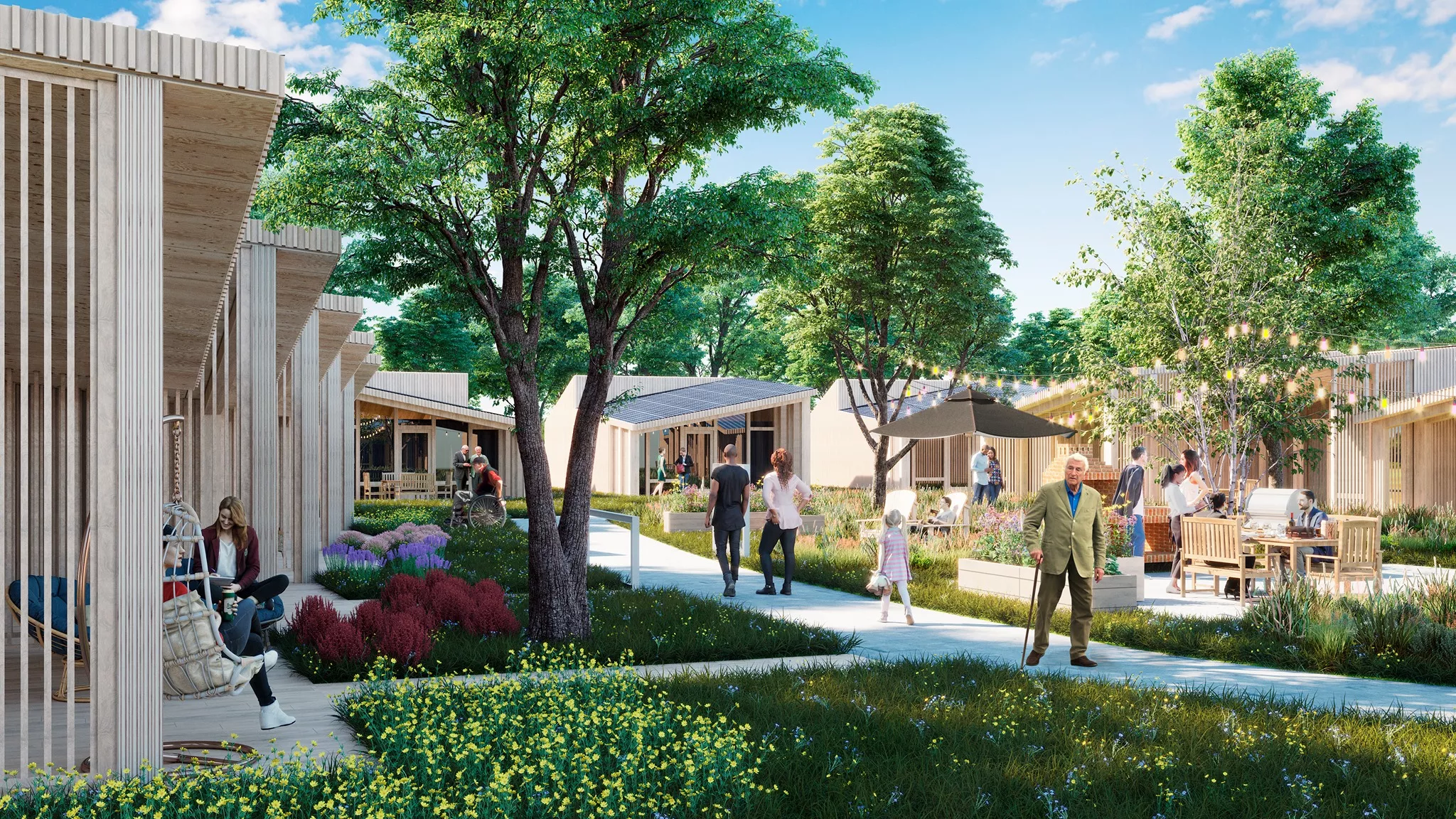Senior Housing Options: A Comprehensive Guide for Seniors and Their Families

As individuals and their loved ones age, the need for suitable senior housing becomes a vital consideration. Senior housing options have evolved significantly in recent years to meet the diverse needs and preferences of older adults. This comprehensive guide explores various senior housing types, their features, and factors to consider when making this important decision.
1. Independent Living Communities
Independent living communities are designed for active seniors who seek a maintenance-free lifestyle. These communities offer amenities such as fitness centers, social activities, and dining options, allowing residents to enjoy their retirement years while maintaining their independence.
2. Assisted Living Facilities
Assisted living facilities provide seniors with assistance in daily activities such as bathing, dressing, and medication management. These communities offer a balance of independence and support, ensuring residents receive the care they need while maintaining a sense of autonomy.

3. Memory Care Communities
Memory care communities are specialized facilities for individuals with Alzheimer's disease or other forms of dementia. They provide a secure environment with trained staff who are experienced in managing the unique challenges of memory impairment.
4. Skilled Nursing Homes
Skilled nursing homes offer round-the-clock medical care for seniors with complex medical needs or those recovering from surgery or illness. These facilities have registered nurses and healthcare professionals on staff to provide comprehensive care.
5. Continuing Care Retirement Communities (CCRCs)
CCRCs offer a continuum of care, including independent living, assisted living, and skilled nursing care, all on one campus. Seniors can transition between different levels of care as their needs change, providing peace of mind for the future.
6. Home Care Services
Home care services enable seniors to receive assistance with daily tasks while remaining in the comfort of their own homes. Caregivers can provide companionship, help with personal care, and assist with household chores.
7. Hospice Care
Hospice care is a specialized form of care for individuals with a life-limiting illness. It focuses on comfort and quality of life, providing physical, emotional, and spiritual support during this challenging time.

Factors to Consider When Choosing Senior Housing
- Location: Consider the proximity to family, friends, and healthcare facilities.
- Cost: Understand the financial aspects, including monthly fees, insurance coverage, and potential government assistance.
- Amenities and Services: Evaluate the amenities and services offered to ensure they align with your or your loved one's preferences.
- Medical Care: Assess the level of medical care available on-site or nearby.
- Social Activities: Explore the social and recreational opportunities to maintain an active and fulfilling lifestyle.
- Staffing and Training: Inquire about the qualifications and training of staff members.
- Quality of Life: Prioritize a senior housing option that enhances overall quality of life and well-being.
Choosing the right senior housing option is a significant decision that should be based on individual needs, preferences, and circumstances. By understanding the different types of senior housing and considering the factors mentioned above, seniors and their families can make informed choices that promote a happy, healthy, and fulfilling retirement journey. It's advisable to consult with healthcare professionals, senior living experts, and loved ones to navigate this important transition successfully.

